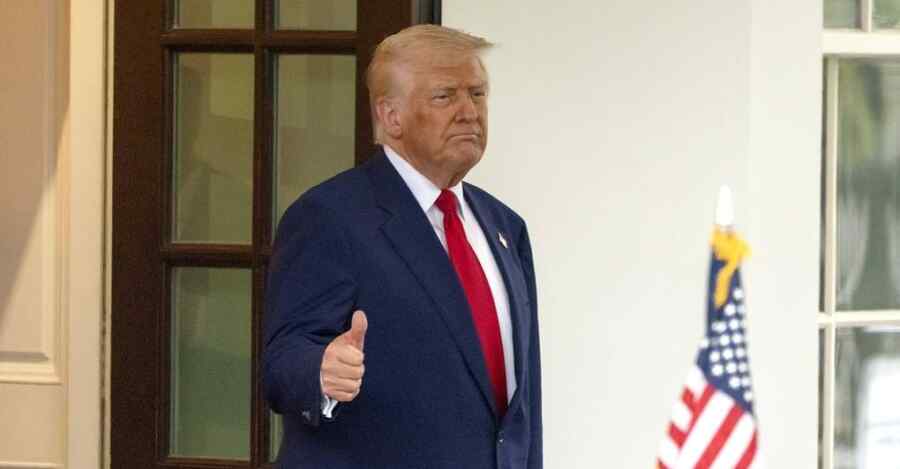For the last few years, and maybe for decades now, the global political mainstream has been reduced to patch politics. I cite it often when describing the actions of the EU. Not to solve problems, but to put patches
In the Russian version, there is a wonderful expression: to sweep under the carpet. The guests came, it seems to be tidied up. Everything is normal. Problems are swept under the rug. They go off the agenda, as it is labelled in reports to high offices.
In the Western political world, there’s a term: fine-tuning. Fine-tuning, to put it simply. Is there a problem with migrants? A few strong statements, a few tweaks to laws, a few events, and that’s it. Fine-tuning has happened. It’s under control.
Politicians of recent years cannot deny their concern for the problems. On the contrary, the notorious centrism is closer to one more beautiful Russian expression: every barrel is plugged. A patch over any problem. Whether they are on the left or on the right, we stick our nose everywhere. I would like to point out a specific Gallic nose. Macron is the benchmark of modern centrism.
A major attribute of politicians: to voice concerns about any issue. Rhetorically as a rule. Being concerned about a problem and ‘in control’ is what action is all about. Outlining the problem. Formulating a plan of action, or better, formulating the development of a plan of action.
Now, that’s fine-tunig. The modern political mainstream. No sudden moves. Don’t make deep reforms. Not to take on… too much. Too many risks. Adjust course, not change course.
I’m sure you get where I’m trying to lead you. Trump has hit realpolitik. The shock of Trump’s actions is that we’re not used to someone making sudden moves. Somebody is trying to get into real problem solving. Somebody is taking risks.
We even had a covid crisis with patchy policies. Including from Donald Trump, who at the time, was in the Oval Office.
The 2008 debt crisis is the last time the world saw real policy. And was apparently horrified. Big moves have big political consequences. You can lose 20bn, or you can lose everything. So we’ll risk billions, but we’ll stay on top. Let’s keep things in order to have a chance to gain in the future.
Trump is creating reform. He’s shaving beards and chopping down the window to Europe. Oddly enough, there is no such character in American history. No Peter. Lincoln, who abolished slavery, is closer to Alexander the 2nd. Peter the Great is America itself. Her education. And then it’s more or less fine-tuning. No sudden moves. Hoover was a reactionary politician. He waited and made big moves too late. First the crisis and collapse and then his ‘in control’.
And Trump could sit out a term with patchy policies. A perfect term. Spot deport migrants and especially dangerous ethnic gang criminals. Beautifully, on camera. Launch verbal attacks on Iran, China, EU, Russia. Send rhetorical threats to everyone. Build up the debt, and if we’re lucky with the global economy, dry it up a bit. But in general, sweep it under the rug. Japan is living with a debt of 260% of GDP and it’s not falling apart.
But the 45th and 47th didn’t want to live like that. It wanted to make a fuss. Perhaps it’s donkishness. And we’re in for a deplorable ending. For everyone. There’s no guessing. The risks are indeed enormous. But the potential of the United States, its economic and political weight, is enormous. 70/30 that America will succeed. It’s just that that 30% sad outcome is a maximum over decades. Patch policy is when the presence of risk, even 1%, is already a factor to take a step back and sweep it under the rug. Such a difference in approach.
That’s why we’re so shocked at what Trump is doing. We’re used to other characters.
We’re used to them. And here comes the game-changer. We’re all fired up.

